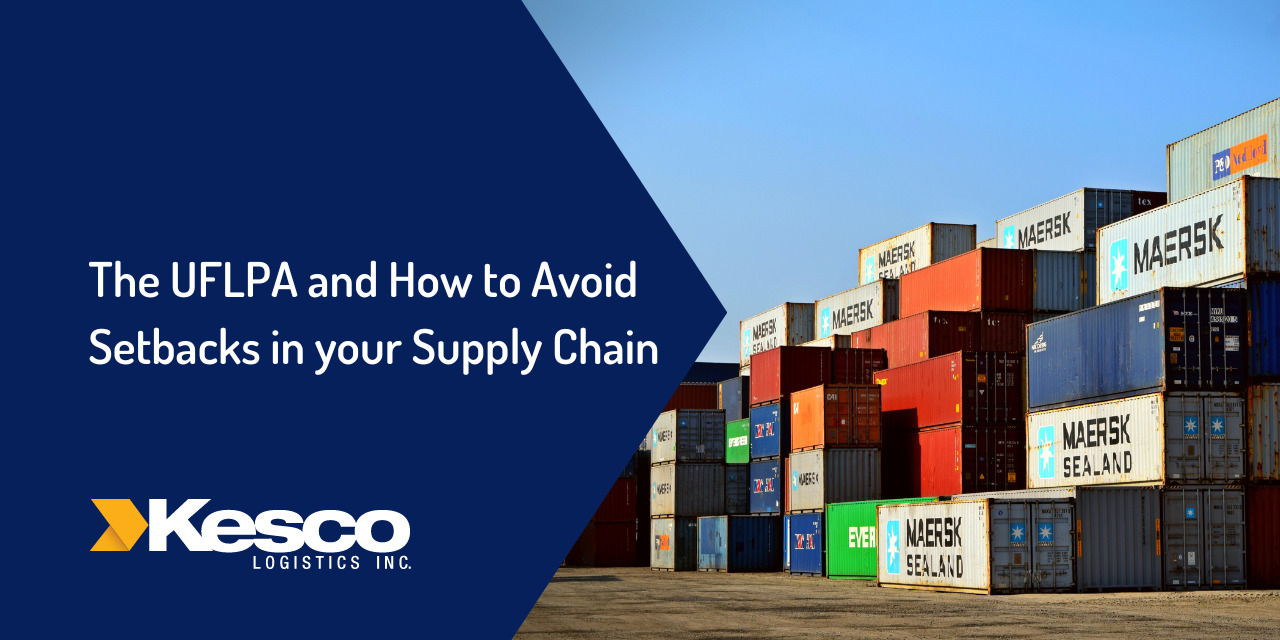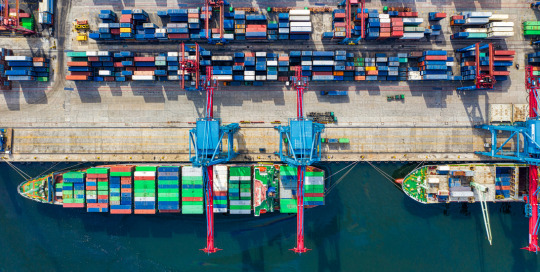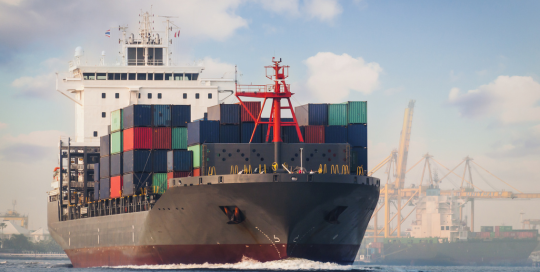The Uyghur Forced Labor Prevention Act (UFLPA) is being carried out in full force and it’s crucial to work closely with your suppliers to monitor their supply chain.
“It is incumbent on the importer to conduct adequate due diligence, effective supply chain tracing, and supply chain management measures. Importers must know their suppliers and labor sources at all levels of the supply chain.
The first step in conducting supply-chain tracing is “mapping” the entire supply chain, up to and including suppliers of raw materials used in the production of the imported good or material.
For additional details related to effective supply chain tracing, see Section VI of the UFLPA Strategy, as well as DOL’s Comply Chain for more information on the elements of an effective due diligence system.” (CBP UFLPA FAQs)
It is the importer’s responsibility to:
-
Establish and maintain a due diligence program
-
Assess the Xinjiang Uyghur Autonomous Region and related supply chain risks
-
Mitigate exposure to forced labor risks
-
Be prepared to demonstrate compliance with due diligence, supply chain tracing, and supply chain management measures
-
Be prepared to respond to U.S. Customs and Border Protection inquires
Click here to see the entities involved in forced labor but be aware that customs have been detaining shipments that are not on this list.
Below are helpful resources to learn more about the UFLPA and how to avoid any setbacks:
—
Get updates and news like this directly to your inbox from Kesco Logistics.
Subscribe below:




